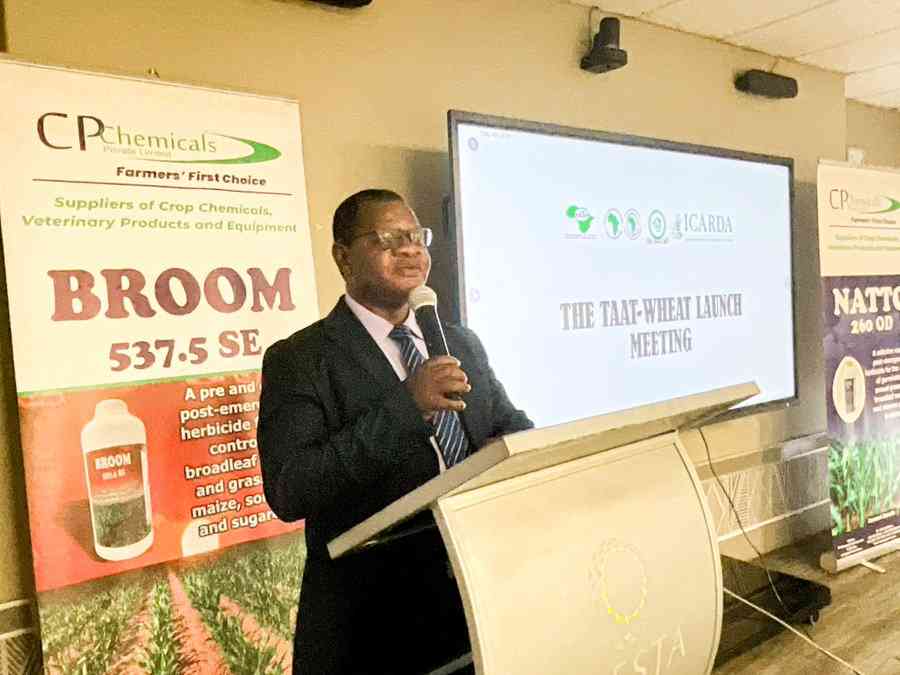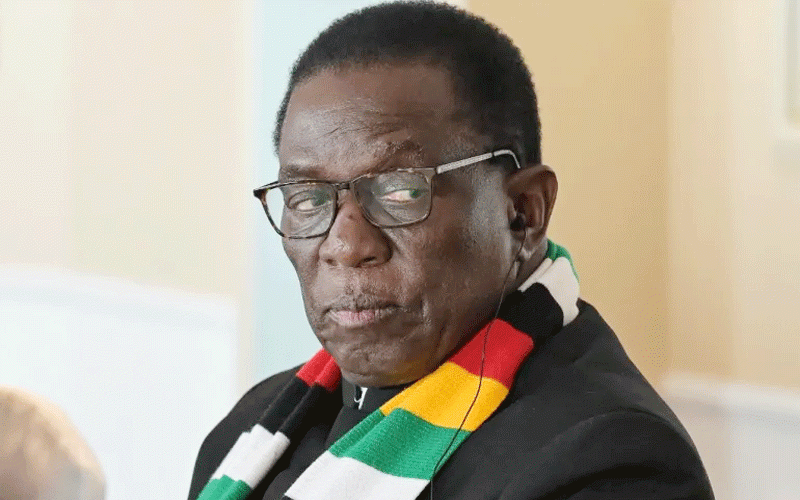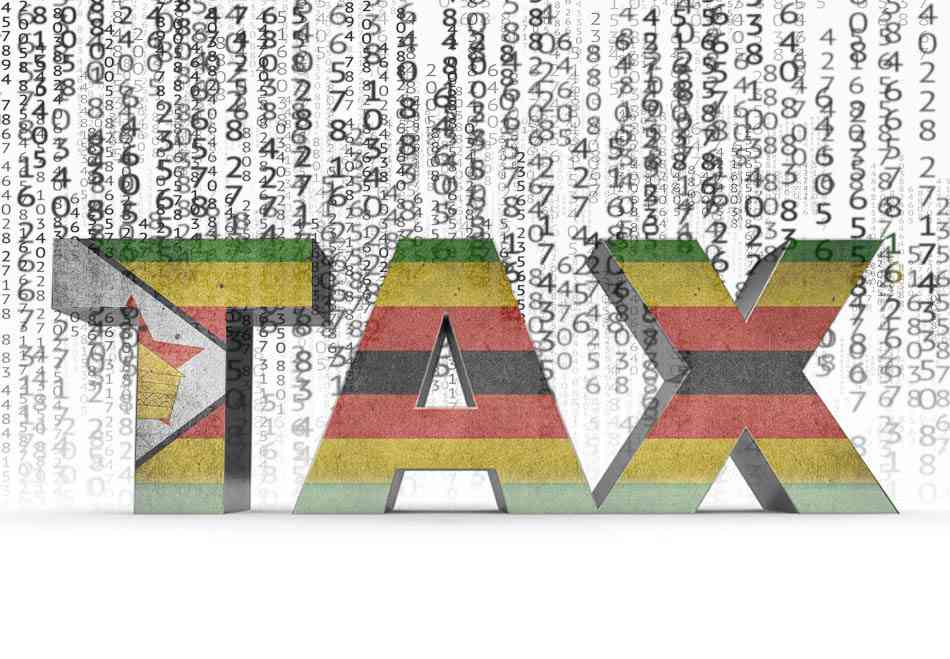
THE news that Zimbabwe's agricultural scheme, Pfumvudza/Intwasa, is facing financial constraints due to the government's failure to pay suppliers over US$300 million is concerning. Launched a few years ago, the programme targets vulnerable farmers in communal, A1, small-scale commercial farming, and old resettlement areas, providing tailor-made training and guidance on producing cereals, oilseeds, and legumes.
Zimbabwe aims to reach 3,5 million rural and peri-urban households under this year's programme, with input allocation guided by ecological regional patterns. The programme has assisted cash-strapped farmers with inputs, enabling them to produce sustainably. However, Obert Jiri, permanent secretary in the Ministry of Lands, Agriculture, Fisheries, Water and Rural Development, revealed last week that the ministry is not yet ready to distribute inputs under the scheme due to financing challenges. He said contractors are owed over US$300 million for the 2020/2021, 2021/2022, and 2022/2023 seasons.
Jiri's remarks come at a critical time, as the 2024/25 farming season is underway. We urge the government to address this issue urgently, enabling farmers to start planting as soon as possible. With Zimbabwe being an agro-based economy, prioritising agriculture is crucial to prevent food insecurity.
The Meteorological Services Department has forecast a weak La Niña phase for the 2024/2025 rainfall season, presenting high chances of normal to above-normal rainfall. This provides an opportunity for Zimbabwe to maximise its agricultural potential. Self-financing farmers, however, are grappling with steep prices set by agro-dealers: a 2kg packet of maize seed costs between US$10 and US$15, while a 25kg packet ranges from US$100 to US$140, well beyond the reach of many. Prices for fertilisers also strain farmers’ budgets, with Compound D fertiliser and Ammonium Nitrate costing between US$28 and US$40 per unit.
Many agro-dealers are declining local currency, further exacerbating the challenges for cash-strapped farmers. In this critical moment, cooperation among stakeholders, including the private sector, is essential to secure a stable food supply.
Agro-dealers must charge reasonable prices to support the country's food production. This is not the time for profiteering, but rather for ensuring food security. Government support for prompt input distribution is crucial, as delays will only deepen food insecurity. The government's lackadaisical approach is unacceptable, especially when officials were aware of farmers' needs for the current season. It is essential for farmers to start securing inputs independently, gradually reducing reliance on government programmes.
Farming is a business and should be treated as such. To achieve food security, farmers should also adopt strategic planning, considering factors like climate, soil quality, and market demand. Effective crop planning involves setting clear goals, maintaining detailed records, and practicing crop rotation and diversification. Staying updated on industry trends and market conditions is also vital for success. By adopting these strategies, farmers can enhance productivity, profitability, and sustainability, ultimately contributing to a resilient agricultural system.
- Seed Co muscled out of Pfumvudza
- School heads roped in in presidential inputs distribution
- Producers ramp up seed output
- ‘Pfumvudza mitigates against climate change’










